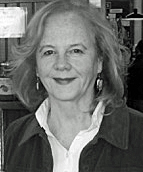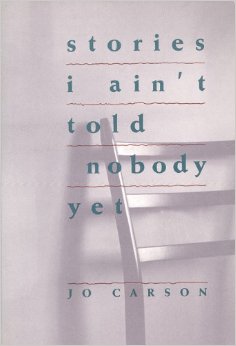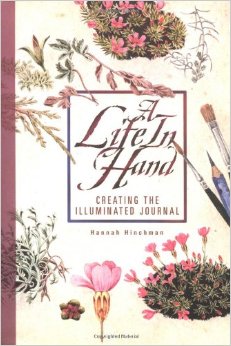Shirley McPhillips on Poetry in the Everyday
 Shirley McPhllips is author of Poem Central: Word Journeys with Readers and Writers, a comprehensive guide to reading, making and enjoying poetry; and is co-author, with Nick Flynn, of A Note Slipped Under the Door: Teaching from Poems We Love.
Shirley McPhllips is author of Poem Central: Word Journeys with Readers and Writers, a comprehensive guide to reading, making and enjoying poetry; and is co-author, with Nick Flynn, of A Note Slipped Under the Door: Teaching from Poems We Love.
A classroom teacher for many years, McPhillips is poet laureate for Choice Literacy and works as a writing consultant and speaker.
"One of poetry's gifts, for me, is the nourishment of an inner life — the outside brought in, rearranged, and sent back out again," she writes in Poem Central. "It is a meeting place for the objects and activity of the outside world and the inner world of consciousness and imagination. Recognizing, attuning, reaching out, connecting, responding. This is the place for poetry; this is the attitude of poetry. This is how it shows us a way we might face life."
Shirley McPhillips recommends three good books on finding poetry in the everyday:
 Winter Morning Walks:
Winter Morning Walks:
one hundred postcards to Jim Harrison
by Ted Kooser
In the preface to this book, former poet laureate Ted Kooser explains that he is recovering from surgery and radiation for cancer. After a sad hiatus from writing poems, he began to walk two miles each morning — “with my life creaking under my feet” — down isolated country roads where he lived. When he returned home, he began to write again. The sights, sounds, meditation and insights he had along the way inspired poems that were sent as daily, dated postcards to his friend Jim Harrison. As a writer of poems, I find a mentor here. Kooser has the uncanny ability to find the right imagistic metaphor, to set words together with the precision of a jeweler. He shows us how, in paying attention to the particulars of his daily life, he lets things matter, feels them add up. As readers and fellow travelers, we too hunger for connection, for some kind of clarity, as we make our way in the world.
 Stories I Ain’t Told Nobody Yet
Stories I Ain’t Told Nobody Yet
by Jo Carson
Jo Carson, in this remarkable collection of found stories, brings us home. Using rhythms and nuances of places she knows well — the landscape of the Appalachian region of East Tennessee and the landscape of the heart — she reconstructed what she overheard people saying as they went about their daily lives. “I heard the heart of each of them somewhere,” she writes. “A grocery store line. A beauty shop. The emergency room. A neighbor across her clothesline to another neighbor. I am an eavesdropper and I practiced being invisible to get them.” The resulting 54 monologues and dialogues, written in poem form, take us on a journey to regions of the heart we will no doubt recognize and surely remember. As writers, we learn to pay attention, to listen, to remember. 
 A Life In Hand: Creating the Illuminated Journal
A Life In Hand: Creating the Illuminated Journal
by Hannah Hinchman
Late in life E. B. White wrote, “Even now, this late in the day, a blank sheet of paper holds the greatest excitement there is for me — more promising than a silver cloud, and prettier than a red wagon.”
Hinchman, an artist, writer, and teacher, fills whole journals of blank pages with intensity and mindful observation. A Life in Hand brings readers into Hinchman’s world of journal keeping. In moments of “true wakefulness,” she writes a note, letters a quote or a phrase, makes a quick sketch or a more detailed drawing, all sizes, shapes, designs. She gives us stories and anecdotes, strategies and tools. She reminds us that once we begin to record in this way, when we turn around to look again, “the world will be a degree richer and more distinct, and you will belong to it more completely.” As a writer of poems, this book helped me realize more fully my kinship with all those makers who believe there is clarity and truth to be found from sorting and refining what Virginia Woolf called the “loose drifting material of life.”

 Post a Comment
Post a Comment
Reader Comments